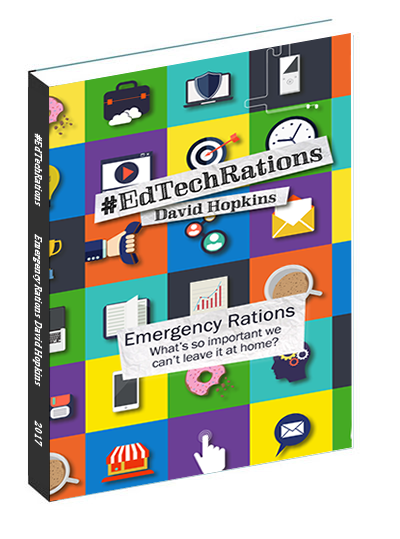The end of social media?
It’s been a tough couple of weeks for users of social media platforms Twitter and Facebook. Even worse for employees of those companies.
As many of us (me included, as I posted here) review our usage of platforms like Twitter, Facebook, Instagram, etc, some even actively deleting their accounts, the question is whether Musk’s purchase of Twitter (and subsequent actions; firing staff, ordering 24/7 working to implement a paid-for anti-verification system) is the wholesale death bell of social media?
Mastodon reports a 650% growth in the days after Musk completed his purchase of Twitter. But Mastodon is not Facebook or Twitter, it’s something together ‘calmer’, a federated network. Kinda a social network but not, if you get my drift?
Graham Brown-Martin described the current state as “Twitter’s having its AOL moment, Facebook is haemorrhaging, Instagram crushes our mental health, people are even arguing or worse on LinkedIn.”
It’s over. Facebook is in decline, Twitter in chaos. Mark Zuckerberg’s empire has lost hundreds of billions of dollars in value and laid off 11,000 people, with its ad business in peril and its metaverse fantasy in irons. Elon Musk’s takeover of Twitter has caused advertisers to pull spending and power users to shun the platform (or at least to tweet a lot about doing so). It’s never felt more plausible that the age of social media might end—and soon.
…
All at once, billions of people saw themselves as celebrities, pundits, and tastemakers. A global broadcast network where anyone can say anything to anyone else as often as possible, and where such people have come to think they deserve such a capacity, or even that withholding it amounts to censorship or suppression—that’s just a terrible idea from the outset. And it’s a terrible idea that is entirely and completely bound up with the concept of social media itself: systems erected and used exclusively to deliver an endless stream of content.
…
If change is possible, carrying it out will be difficult, because we have adapted our lives to conform to social media’s pleasures and torments. It’s seemingly as hard to give up on social media as it was to give up smoking en masse, like Americans did in the 20th century. Quitting that habit took decades of regulatory intervention, public-relations campaigning, social shaming, and aesthetic shifts. At a cultural level, we didn’t stop smoking just because the habit was unpleasant or uncool or even because it might kill us. We did so slowly and over time, by forcing social life to suffocate the practice. That process must now begin in earnest for social media.
Ian Bogost, The Atlantic
Photo by camilo jimenez on Unsplash


















